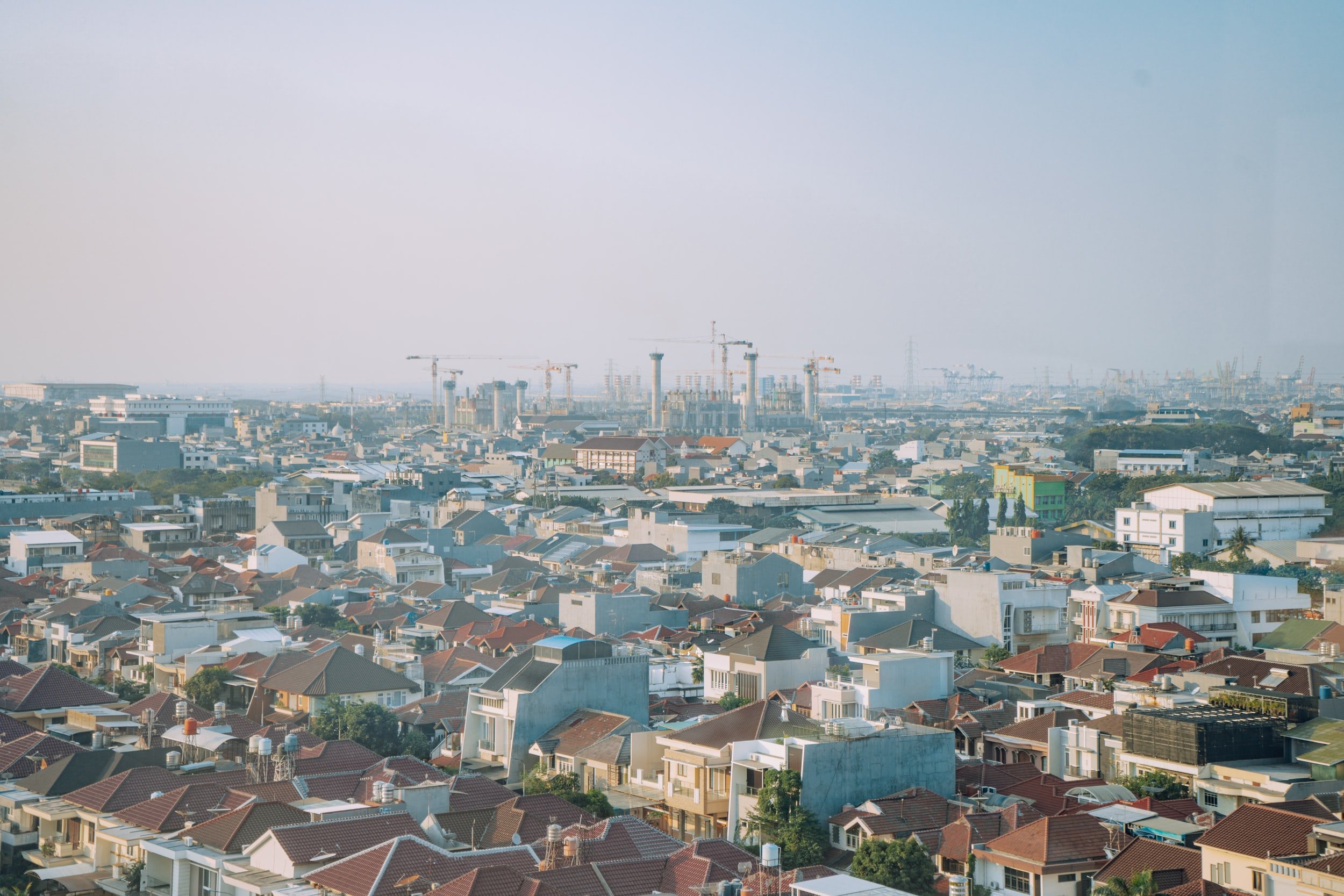
Development
Development, rendering technical, and practices of assemblage
Through this research theme I have explored a set of interventions, from the colonial period to the present, devised by experts and authorities who have diagnosed deficiencies in Indonesian society, and set out to rectify them. I pay particular attention to the practices through which experts define a problem and circumscribe its boundaries in such a way that social forces can be managed, and technical solutions applied. Through this process, which I call “rendering technical,” experts exclude from their diagrams the processes that impoverish people, and focus on the conduct of the poor. I find this approach alive and well in the contemporary apparatus of “poverty reduction” that highlights symptoms and correlations (e.g. the poor lack education, they lack assets, they live in isolated locales), rather than exploring the social relations that cause these conditions. Too often, the result is to confirm that poor people are responsible for their own fate, and should pull themselves up by their own bootstraps and/or take the initiative to move to areas of high growth and new opportunity. The practices through which these anti-political formations are assembled and defended is another question I have attempted to subject to rigorous, empirical analysis.
Featured Work
2016. Interview with Prof. Tania Li by Leslie Chan, University of Toronto Scarborough.
2014. The #GlobalPOV Project with Khalid Kadir.
Multimedia
2020. Agrarian Change Seminar, SOAS London.
2018. Conference presentation at Maison des Sciences de l’Homme de Montpellier, France.
2016. Interview with Prof. Tania Li by Leslie Chan, University of Toronto Scarborough.
2016. Tania Li in conversation with Murat Arsel, co-chair, Development and Change.
2016. Development Studies Association Annual Conference, Oxford.
2014. The #GlobalPOV Project with Khalid Kadir.
Books
The Will to Improve is a remarkable account of development in action. Focusing on attempts to improve landscapes and livelihoods in Indonesia, Tania Murray Li carefully exposes the practices that enable experts to diagnose problems and devise interventions, and the agency of people whose conduct is targeted for reform.
Drawing upon current theoretical debates in social anthropology, development studies and political ecology, and presenting original research from across the Archipelago, this book addresses the changing histories and identities of upland people as they relate in new ways to the natural resource base, to markets and to the state.
Selected Articles and Book Chapters
2017. Development and Change, 48: 1247–1261.
2015. Critical Policy Studies.10(1):79-94.
2013. Anthropologie & développement 37-38-39:227-256.
2007. Economy and Society 36(2): 263-293.
2005. American Anthropologist 107(3): 383-394.
2003. Economic and Political Weekly 38(48):5120-5128.
2002. World Development 30(2):265-283.
1999. Cultural Anthropology 40(3): 277-309.
Policy and Advocacy
2021. Decolonizing Geography.









